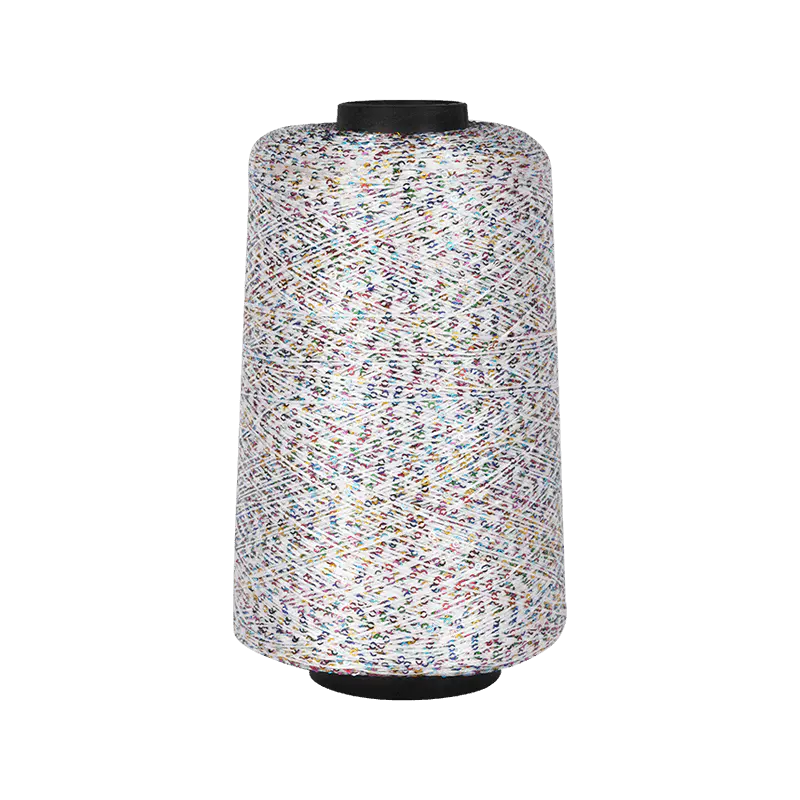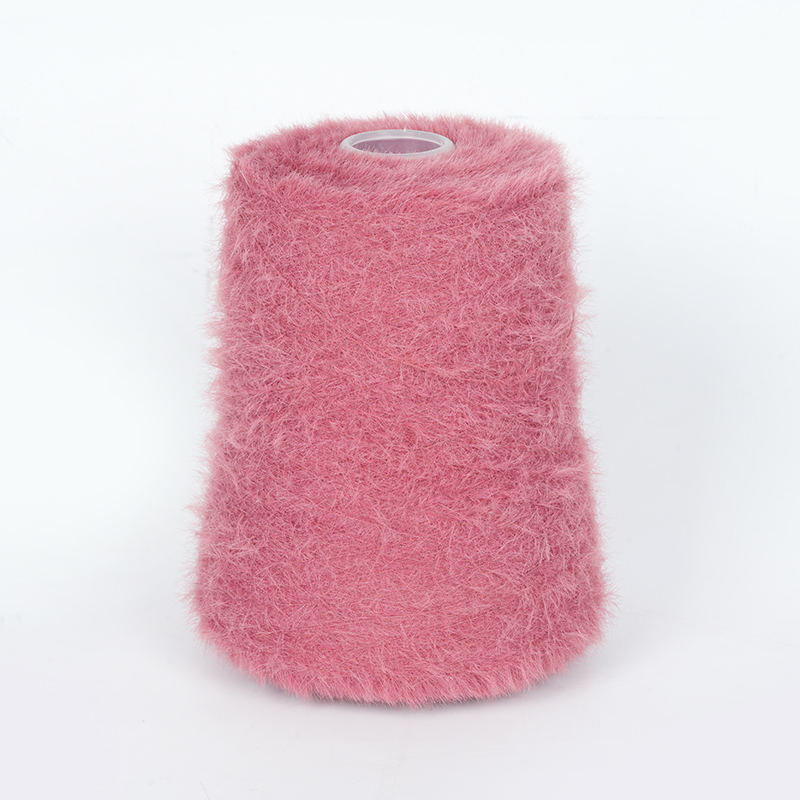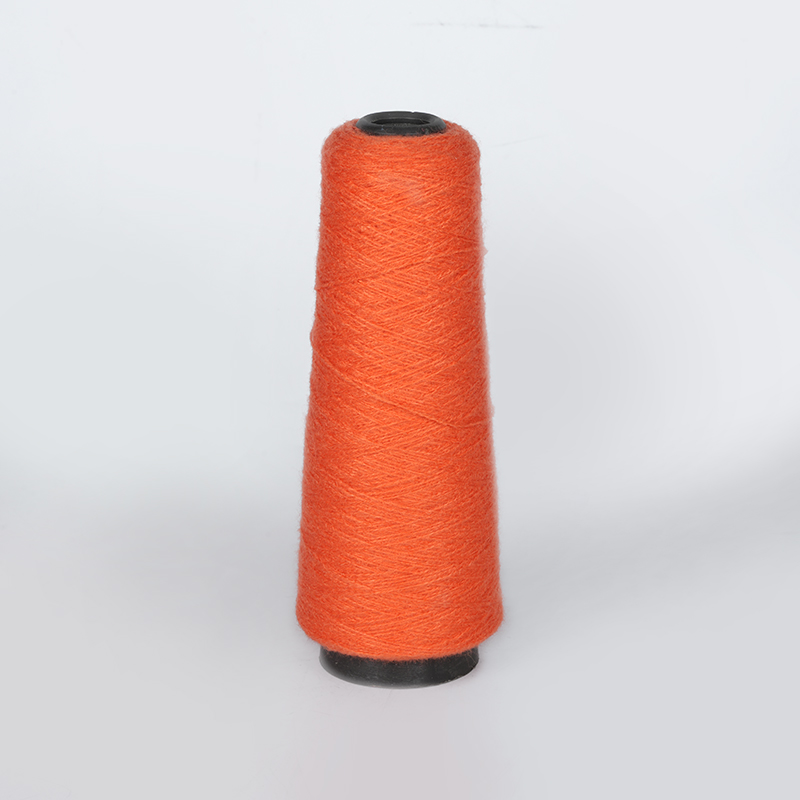Knitted Yarn Definition and Textile Basics
Knitted yarn is one of the most essential raw materials in knitted fabric production. It is a spinning process that transforms natural or chemical fibers into yarns with a defined twist and elasticity, resulting in soft, stretchable, and breathable fabrics. Compared to woven yarns, knitted yarns prioritize bulk, elasticity, and softness to accommodate the dynamic tension and rebound properties of the knitted structure. In the modern textile industry, knitted yarns are no longer limited to traditional cotton or wool. Through diverse fiber blends and functionalization, they have achieved a wider range of applications and enhanced performance.
Fiber Structure and Performance Optimization of Knitted Yarns
High-quality knitted yarn typically exhibits excellent stretch, recovery, and structural stability, which primarily depends on the fiber type and spinning technology. Natural fibers such as cotton, wool, silk, and linen offer excellent breathability and comfort, while synthetic fibers such as polyester, nylon, and acrylic offer increased strength, abrasion resistance, and color fastness. In recent years, the incorporation of functional fibers has enabled knitted yarns to possess more innovative properties, such as moisture wicking and quick-drying, antibacterial and odor-resistant properties, UV resistance, and flame retardancy. High-precision spinning equipment and intelligent tension control systems ensure a more uniform and stable yarn structure, significantly improving the efficiency and texture of knitted fabrics.
Wide Applications of Knitted Yarn in Fashion and Functional Applications
With the integration of textile technology and the fashion industry, knitted yarn has become a key material in a variety of fields, including apparel, home textiles, sportswear, and medical textiles. In fashion design, knitted yarn is used to create a variety of fabrics, from intimate apparel to high-end knitted outerwear. Its softness and three-dimensional texture impart unique visual depth and comfort to garments. In the sports sector, knitted yarn's high elasticity and breathability make it an ideal choice for sportswear, yoga wear, and functional underwear. In the medical field, some high-performance knitted yarns are made with special polymers and antimicrobial materials, offering skin-friendly, safe, and antibacterial properties, making them suitable for medical bandages, elastic braces, and rehabilitation fabrics.

Innovations in Modern Knitting Yarn Production Technology
Knitted yarn manufacturing has evolved from traditional mechanical spinning to modern digital intelligent spinning. Automated equipment precisely controls fiber alignment and twist during the spinning process, resulting in yarns that maintain softness while exhibiting improved uniformity and pilling resistance. New-generation open-end and compact spinning technologies improve production efficiency while also enhancing yarn strength and hairiness control. Functional surface modifications such as nano-coatings, antistatic treatments, or water-repellent finishes significantly enhance the performance of knitted yarns.
Sustainable Development and the Rise of Eco-Friendly Knitted Yarn
As the global textile industry transitions toward sustainability, eco-friendly knitted yarn has become a key development priority. Knitted yarns made from organic cotton, recycled polyester, and bio-based materials not only reduce chemical pollution but also effectively lower carbon emissions. Many manufacturers are recycling waste textiles and plastic bottles into recycled yarn, achieving resource recovery and value creation. Furthermore, the use of water-soluble sizing agents and waterless dyeing technologies further reduces water consumption and chemical waste discharge in textile production. The promotion of green textile concepts has enabled knitted yarn to not only deliver comfort and aesthetics, but also shoulder the social responsibility of sustainable fashion.

Knitted yarn is not only a foundational material for the textile industry but also a crucial vehicle for promoting fashion design, functional innovation, and environmental protection. Its flexibility in structure, performance, and aesthetics makes it a vital bridge connecting technology and everyday life. From traditional textiles to smart manufacturing, knitted yarn is reshaping the future of the modern textile industry with greater efficiency, environmental friendliness, and innovation. For companies, continuously optimizing production technology, strengthening product R&D, and focusing on sustainable design will be key to gaining a competitive advantage in the global knitted yarn market.

 English
English русский
русский Español
Español











